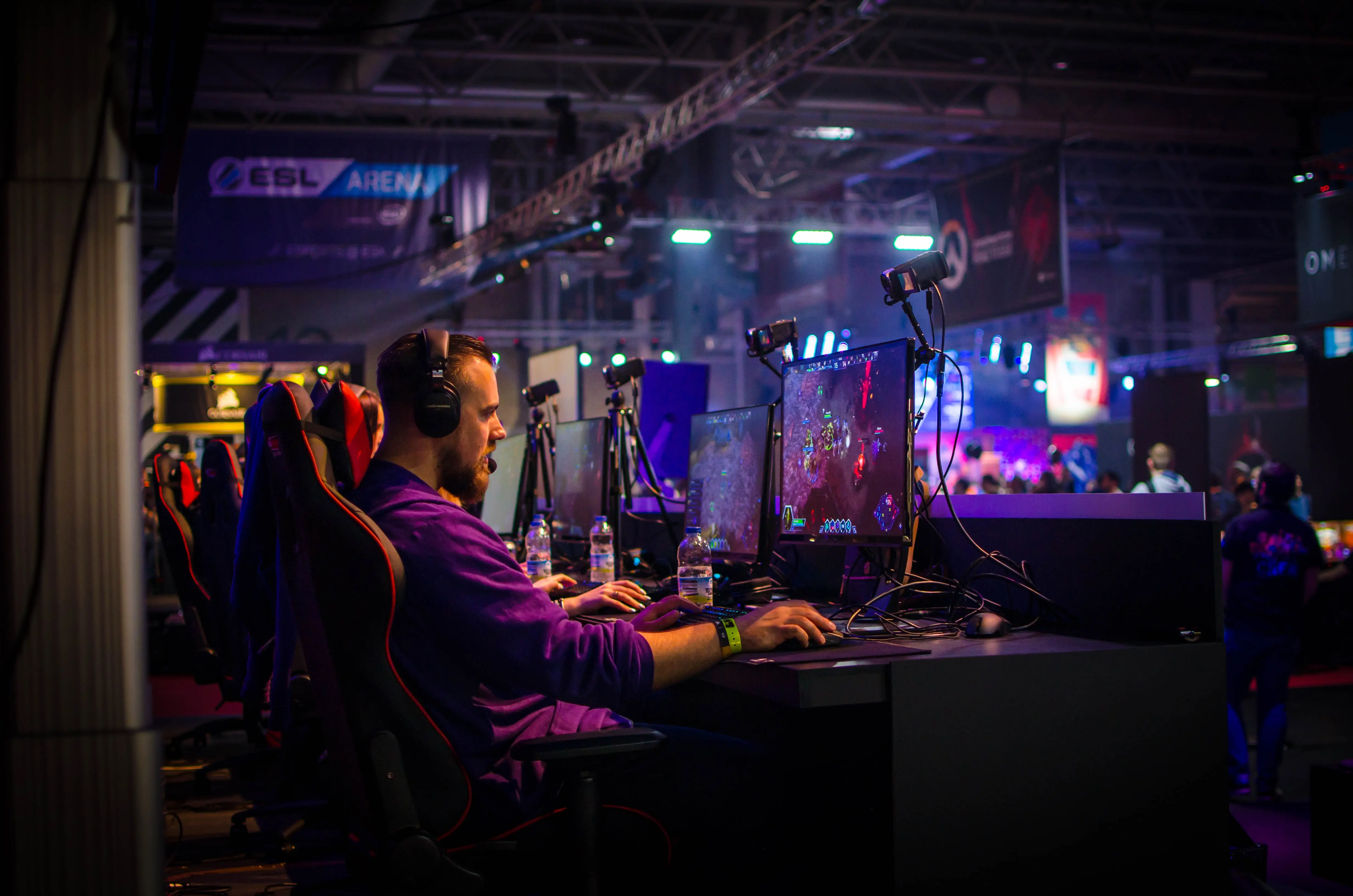Switzerland loves eSports
Whether it is sales, prize money, spectators, or me-dia rights, all areas related to eSports have grown tremendously in recent years around the world. The different types of games such as real-time strategy games, first-person shooters, and sports simulations address different needs – whether you are playing yourself or watching as a spectator. The various stakeholders such as the game developers, equipment manufacturers, sponsors, reporters, streaming platforms, agencies, and event organizers, as well as the eSports associations, leagues, and teams, are all benefiting from the boom and the industry is developing at a rapid pace.

The question whether eSports is a sport is currently the subject of much discussion, not only among the players but also among academics, the media, and the general public. Particularly the acceptance among young people shows that the question itself will soon become redundant, because now a generation is growing up which associates eSports more strongly with sport than older generations. Scientists are pointing out that even now eSports approximates to sport in most respects, and there are some who already fully recognize eSports as a sport. In 2022 eSports will be included in the official program of the Asian Games, the competition of Asian countries which is similar in cha-racter to the Olympics. An important step.
In the present study, 1’011 people aged 16–74 from Swit-zerland were interviewed. It should be noted that there is already an active eSports scene. 30.6% of people in Swit-zerland know what eSports is and associate the topic with the term competition or contest, which also comes close to the common definition of the term as eSports refers to playing computer games in special competitions either alone or in a team.
Respondents rated the topic in positive terms such as «exciting,» «interesting,» and «appealing.» The majority believe that eSports contribute to the development of analytical and strategic skills and dexterity. Above all, eSports is actually perceived as a sport by 27.6%. Those who actively engage in eSports (as players or as spectators) watch weekly content on TV or streaming platforms such as You-Tube or Twitch.
In Switzerland, conventional video games, or «gaming,» is also popular – especially among younger people. In cont-rast to the eSports players, the video games in this category are not played in competitions. The weekly play time of gamers and eSportspeople is around 11 hours a week. About 30% refer to themselves as «gamers.» Both categories, gamers and eSportspeople, spend an average of CHF 1,270 on their equipment. The smartphone is the most popular platform for video games.
Unlike video games, most eSports take place on the PC. The game «FIFA» in particular can be seen as a link bet-ween gamers and eSportspeople. It is the most popular game in Switzerland. Again, in the game «Fortnite» a shift in the form of consumption is observed, because here the focus is no longer just on playing but also on watching. It will be exciting to see how eSports develops in Switzerland and around the world. In Switzerland, the results of the present study show considerable potential. The Institute of Marketing Management will be closely following the development of eSports.
Contact
ZHAW School of Management and Law, Institute of Marketing Management, Marcel Hüttermann, phone 058 934 76 98, email marcel.huettermann@zhaw.ch
ZHAW Corporate Communications, phone 058 934 75 75, email medien@zhaw.ch